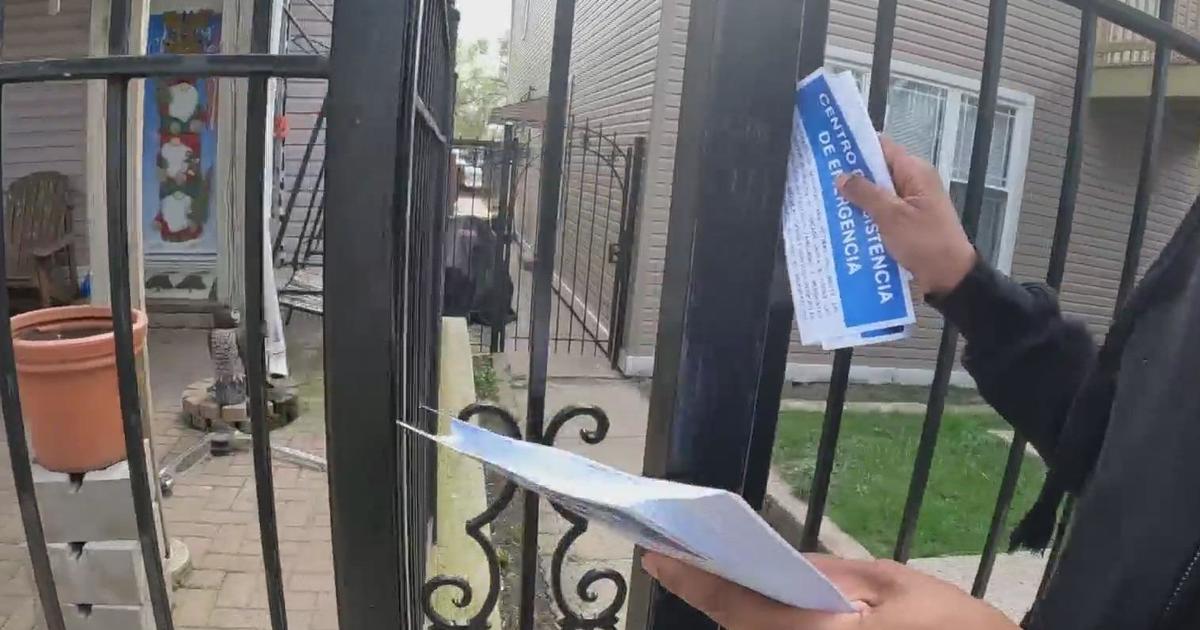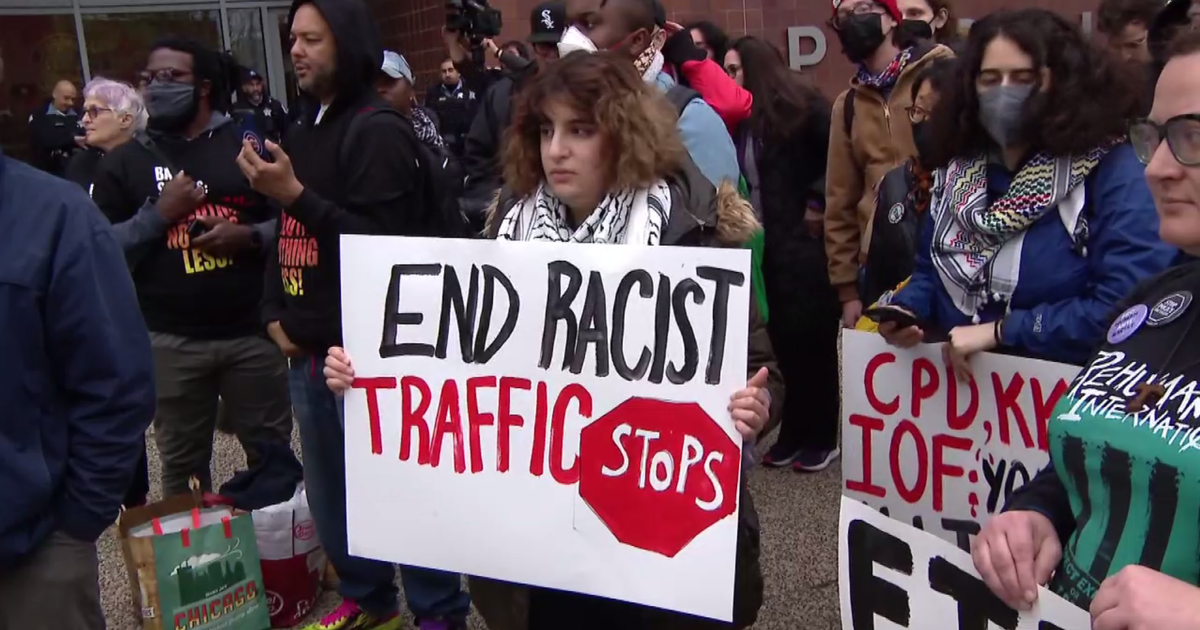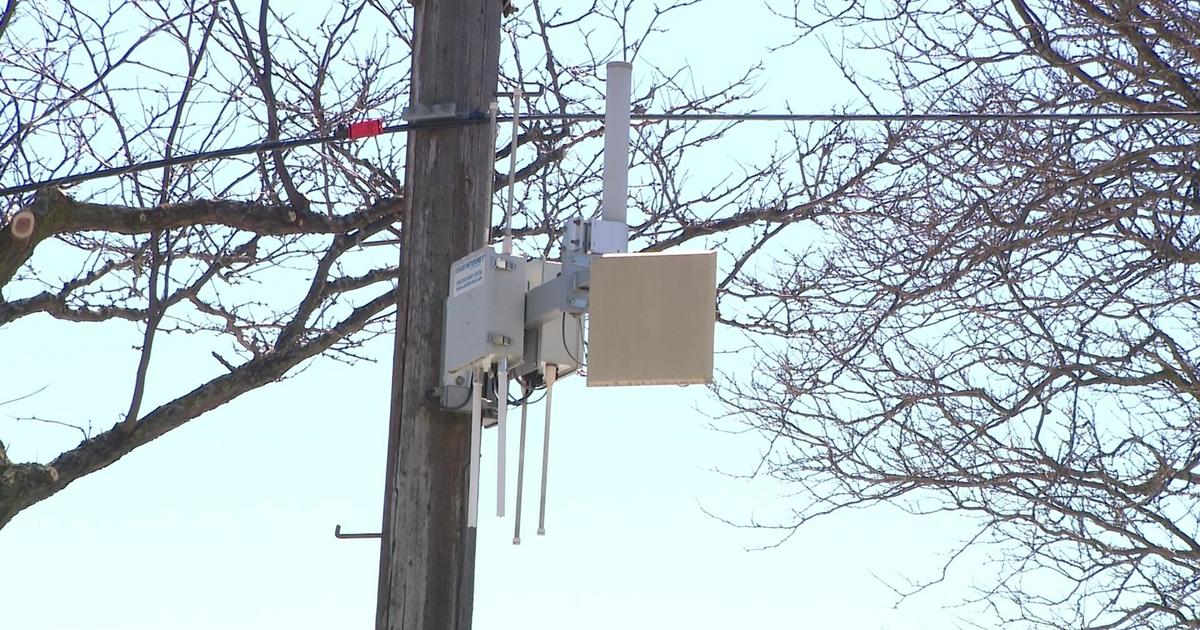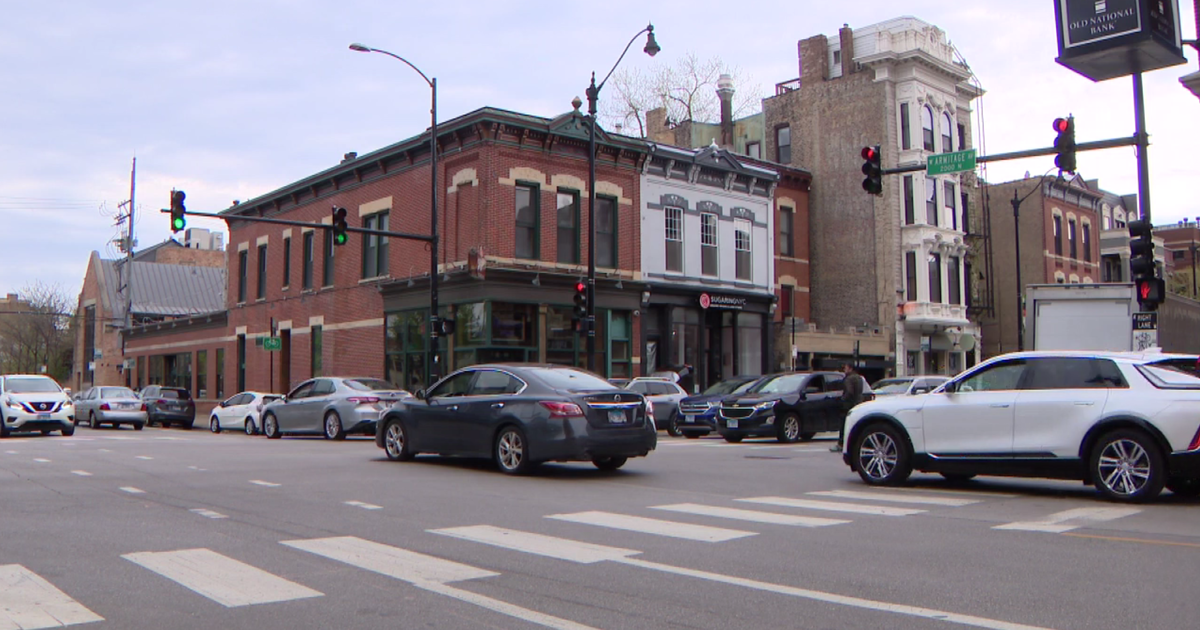City, Civil Rights Groups Seeking Settlement In Lawsuit Over Chicago Police Department's Gang Database
CHICAGO (CBS) -- Civil rights groups and the city of Chicago are working to try to reach a settlement in a lawsuit claiming the Chicago Police Department's gang database contains inaccurate and discriminatory information on thousands of people.
Attorneys representing four Chicagoans who claim their lives have been adversely affected by the CPD gang database appeared in front of a federal judge on Wednesday, along with city lawyers.
The two sides said they've been trying to reach a settlement, but believe more time is needed.
The database is a collection of more than 120,000 people who police maintain have gang affiliations or associations. However, critics have said it is full of inaccurate and outdated information.
The lawsuit claims many people were wrongly listed in the database simply because of a tattoo, a social media post, or their address. The plaintiffs contend those listed as gang members in the database have a harder time getting jobs, are more likely to be denied bail if they are charged with a crime, and are often harassed by police officers or immigration agents.
"It's used to justify harassment. It's used to justify denial of housing, denial of work, deportation proceedings, ICE raids," said activist Xanat Sobrevilla, with Organized Communities Against Deportations (OCAD).
According to the lawsuit, the way the Chicago Police Department manages the database is "arbitrary, discriminatory" and "over-inclusive," and it gives beat officers "unlimited discretion" to falsely label people gang members "based solely on their race and neighborhood."
The plaintiffs say more than 95% of the people listed in the database are either African American or Hispanic.
Earlier this year, Chicago Inspector General Joseph Ferguson released a withering review of the gang database, urging a significant overhaul, claiming it is filled with inaccuracies, and doesn't provide a proper appeals process.
Ferguson's 159-page report urges a reevaluation of the database's usefulness compared to the resentment it can engender; and calls for the creation of a clear appeals process for getting names purged from it when people believe they have been wrongly added to the list, or are no longer tied to a gang.
The inspector general said there's not one unified database, but rather many different places where the data is stored, and 95 percent of the people in those files are black or Hispanic. That's caused many residents to fear they are being unfairly targeted, and has strained relations between communities and police.
Supporters of the lawsuit against the city said they've met with aldermen and want to see public hearings about the database, so the public can know.
The next hearing on the lawsuit has been scheduled for Dec. 19.
(© Copyright 2019 CBS Broadcasting Inc. All Rights Reserved. The Associated Press contributed to this report.)



